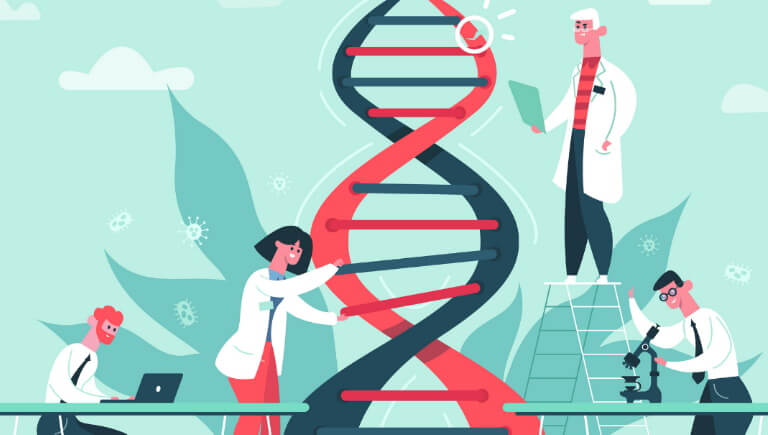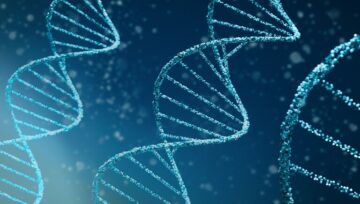What is Genomic Testing?
What is Genomic Testing? Genomic testing is a form of genetic testing that looks at all the genes that a person exhibits, rather than the typical genetic testing that focuses on a specific gene or a set of genes. Genomic testing can help patients find gene alterations and harmful mutations in their genetic code. This makes genomic testing specifically useful for cancer, as it can lead to a better understanding of the cancer, how it should be treated, and the overall prognosis.
What is the Purpose of Genomic Testing?
Genomic testing can help doctors recommend specific treatments for the patient’s cancer, such as targeted therapy. By having the ability to recommend a targeted treatment, normal cells can be more protected from harm during treatment. In addition, genomic testing can help patients enroll in more specific clinical trials that are built to treat patients with their specific gene mutation. Some common gene mutations in cancer patients are:
- HER22 Gene
- EGFR Gene
- FGFR Gene
- MET Gene
- RAS Gene
- BRAF Gene
- ALK Gene
Inherited genetic changes can be evaluated with genomic testing as well, informing patients if they have an increased risk for specific cancers, as well as informing cancer patients' relatives of their potential risk of developing cancer.
What is Genomic Testing, Do I need Genomic Testing?
If you are a cancer patient, genomic testing can be helpful in determining treatment options as well as informing you on whether your affected genes could be inherited or not. This information could lead to further testing within your family, hopefully preventing cancer in someone else if they are at risk. If you or your family do have an increased risk, it is important to follow screening guidelines to ensure any cancer is caught in its early stages.
Why Join A Cancer Clinical Trial?
Clinical trials are the foundation of cancer research and innovation. Clinical trials are responsible for many of the standard therapies used today for cancer patients. The FDA (Food and Drug Administration) evaluates new therapies before approving them for commercial use. Therefore, clinical trials provide early access to these therapies for eligible patients. For patients who have received genomic testing to confirm the presence of a gene mutation, clinical trials offer targeted therapies that are unique to their case. In these trials, targeted therapies have been developed to detect specific mutations and attacking them, often resulting in less side effects and more positive outcomes for cancer patients.
Benefits
Genomic Testing for Cancer Patients
There are several possible benefits of genomic testing for cancer patients. If a gene mutation is confirmed, doctors will have a better understanding of the following:
- The patient’s overall prognosis
- Which standard treatments the cancer may be resistant to
- Which standard treatments will cause a positive response
- Which targeted therapies the patient may be eligible for
Massive Bio’s Clinical Trial Matching System (CTMS) can find clinical trials for your specific gene mutation, cancer type, location and 100 more data points. Once we find the right clinical trials for you and release the report with your results, our patient advocates work with you to complete the enrollment process and any necessary steps along the way. The virtual service lets you avoid travelling until the enrollment process is complete and you go to the clinical trial site. Our goal is to create positive outcomes for cancer patients. Call us today to learn more about how we help cancer patients access new treatment options and targeted therapies through clinical trials.
Find Cancer Clinical Trial
Do You Have Any Questions?
- Be one step closer to finding cancer treatments.
- Get a second opinion from US oncologists, without leaving your home.
- Your genomic testing results are involved in clinical trial matching.
- If you have relapsed, or current therapy has failed, there are more options for you.
- Access to clinical trials & immunotherapy treatment options.
Frequently Asked Questions Related to Genomic Testing
There are several different ways doctors can test for genetic mutations, but a biopsy of the tumor will be collected and sent to a lab for analysis. Various methods are used to detect mutations, or abnormalities in the DNA of the cancerous cells. Some tests are comprehensive but may be more expensive and take longer for results. Talk with your doctor to see which type of genomic testing is right for you.





